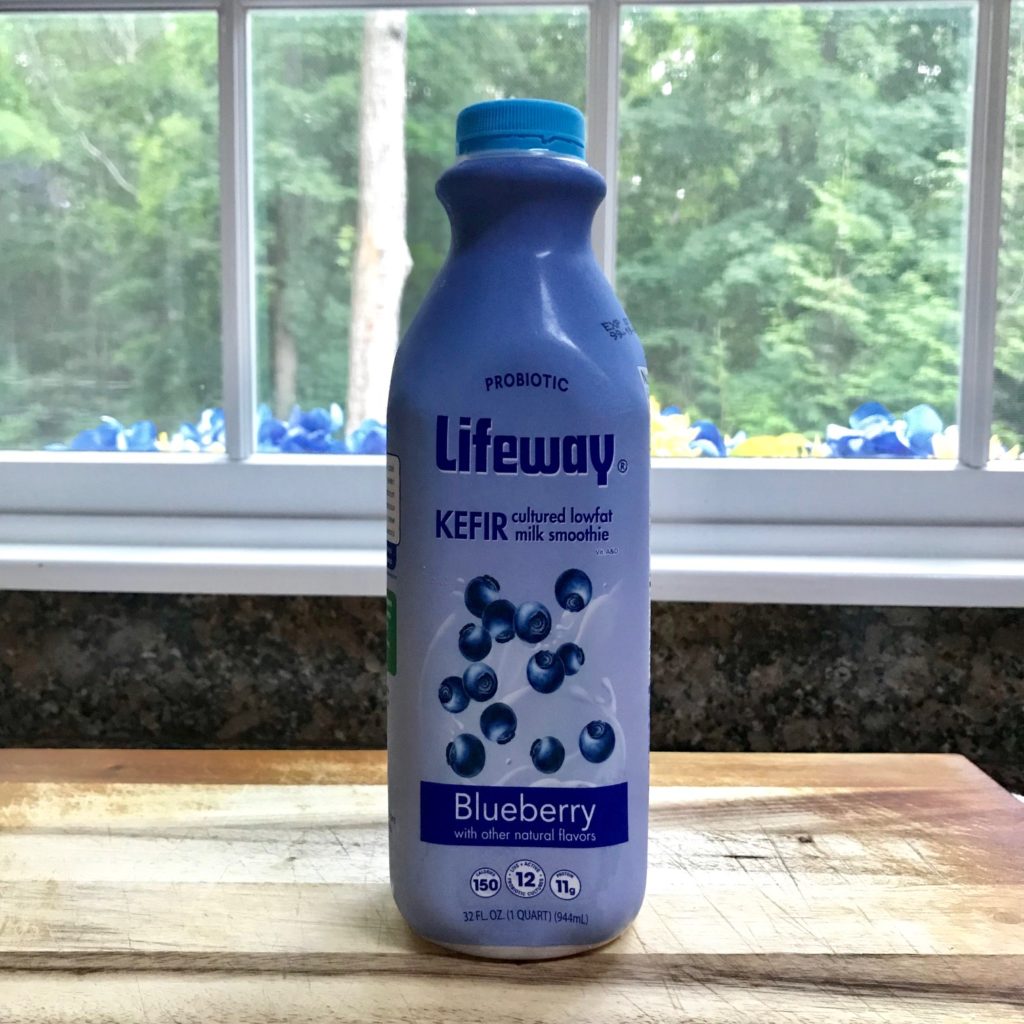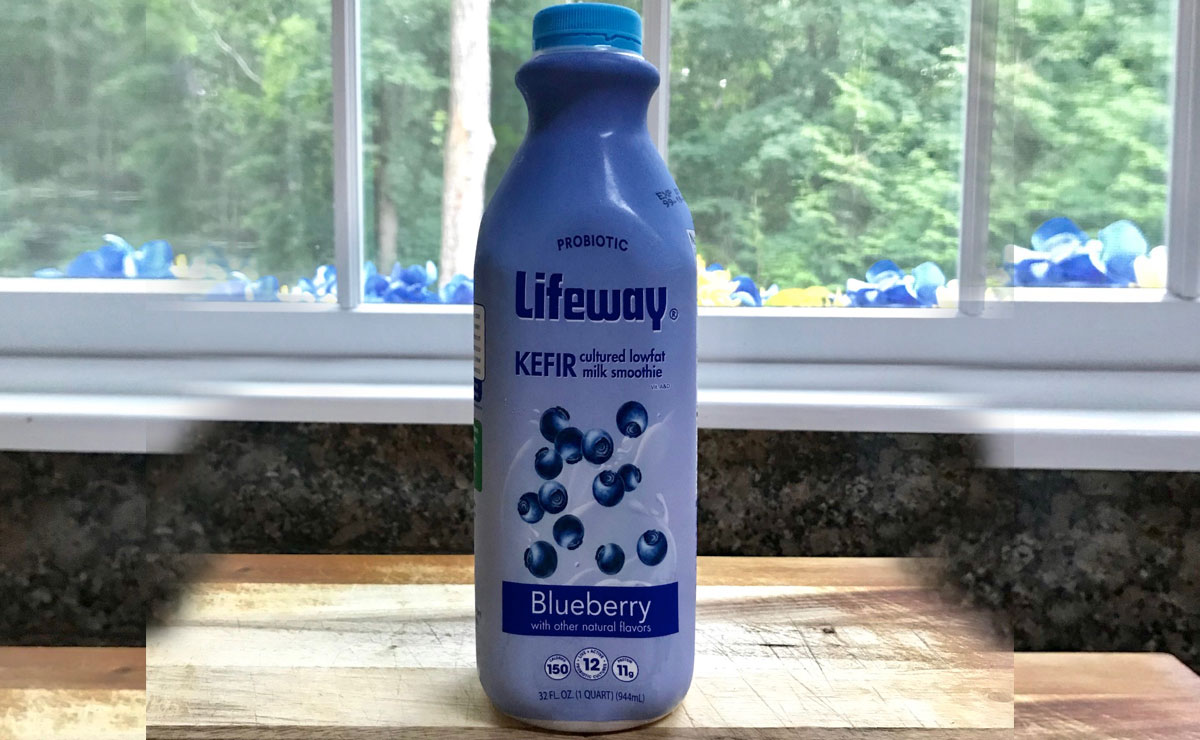Fermented dairy sounds rather disgusting, as the name suggests something akin to spoiled milk, but in reality most fermented milk products are actually quite delicious! Fermented dairy products are foods like yogurt, cheese, sour cream, and kefir among others. The process of fermentation is usually done by bacteria such as Lactobacillus species, and results in a product that is more shelf-stable than milk, while retaining all of the protein and other substances that give milk its healthy reputation. Fermented dairy has been enjoyed by people dating back to about 10,000 B.C., so that trendy kefir stuff you are now seeing at the local food store is really nothing new!
Fermented foods are known as an excellent source of probiotics, and may have a variety of health benefits. Some of the more probiotic-rich varieties such as kefir, have been used almost as a supplement to promote healthy digestion, reduce constipation, and help restore normalcy after a round of antibiotics or an enteric infection (such as with C. difficile). Hard scientific data on these fermented foods is hard to come by however: This lack of data has made it difficult to wholeheartedly recommend these foods to patients for specific health benefits.

A bottle of kefir, straight from my fridge!
Earlier this month, researchers at Oregon State University presented their findings on dairy consumption and colorectal cancer risk at the American Society for Nutrition’s 2018 Conference (click here for the abstract). The researchers obtained a dietary history for 101,677 people, who were followed for a median of 12.5 years. In that time 1,033 participants developed colorectal cancer. The researchers found that total dairy consumption was associated with a reduced risk of developing colorectal cancer. However, not all dairy is equally protective: They found that fermented dairy and low-fat dairy consumption were the most protective, with a reduction in the associated risk of colorectal cancer of over 20%.
Much is left unanswered however:
- Does consuming fermented dairy actually prevent colon cancer, or do people who eat these sorts of foods just tend to eat healthier or live healthier lifestyles in general?
- How much of this stuff does one need to consume to have health benefits?
- How does it actually prevent cancer? By what mechanism?
Here is how I would approach it: Most of the foods listed above are considered to be healthy in general (high protein, not too many excess calories, nothing inherently bad about them, etc.) so if they happen to have added benefits like preventing colon cancer, well that’s just great too! Yogurt, kefir, and the like are also quite tasty (although for some they’re an acquired taste), which is all the more reason to add these fermented dairy foods to your diet. In fact, I eat a little yogurt or kefir every single day!

Goz
May 23, 2019 at 10:52 AM
I make whole milk keifer and have done it fo years…This is really encouraging to read.
I make my own whole milk yogurt as well..I acquired the tasted early in life cause i grew up in the south where buttermilk was a staple and all three of these taste very similar.